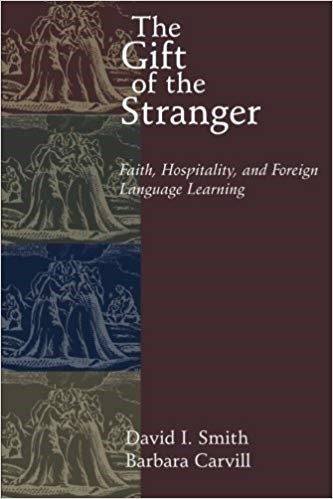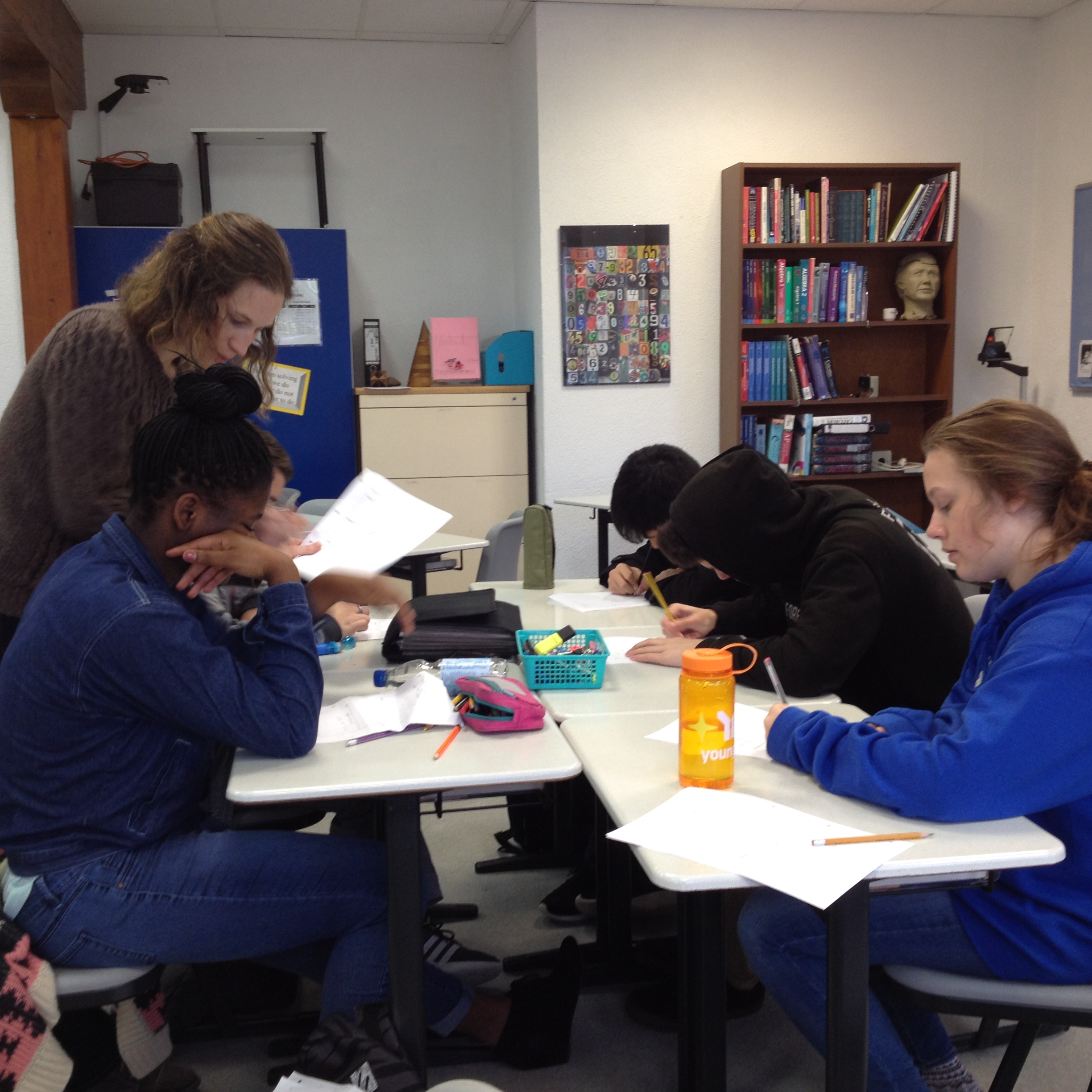Doing Justice
Justice is close to God’s heart, thus making things right in a broken world should be central to our classroom life. Here are five principles from the book of Micah to help us live out justice in our classes.
Principle One: See injustice and care.
Micah chapters 1-5 explains the mess of the world, and how God’s people were not doing their part. Micah emphasises how personal contentment can keep us from doing the justice that the Lord requires[1]. God’s people didn’t see needs around them. Or, worse, they didn’t care.
 As teachers, we should help students see needs of those who can’t help themselves. Perhaps this is as simple as a daily look at the “news.” Maybe it is choosing books that expose students to the struggles of others. However we choose to do this, we may have to break out of our comfortable routines to help students see and care about justice.
As teachers, we should help students see needs of those who can’t help themselves. Perhaps this is as simple as a daily look at the “news.” Maybe it is choosing books that expose students to the struggles of others. However we choose to do this, we may have to break out of our comfortable routines to help students see and care about justice.
Principle Two: Know how good God is.
In Micah 6:1-5 God reminds His people of all He has done and how it has been good. Doing justice begins with knowing what God has done for us. Just like Israel, we have been rescued and blessed by a great God. We love because He first loved us. We do justice because of what he has done for us.
We can help students respond actively to God’s goodness. Even if you teach in a “closed” context, you can point out how much your students have been given and how they can give to those with less. In our school, we use a programme called “Love in Action” where students and parents collect gifts and deliver them to children in need.
Principle Three: Act, don’t just think or feel sad.
God says in Micah 6:8 to “do justice and to love kindness.” The main verb here is do. Our default response should be action, not just reflection.
 As teachers, we can build activities into our curriculum where students can practice justice. Consider picking a project and committing to it for the year with bulletin boards and regular updates[2]. Or encourage your students to respond to a need in your own community. When you hear about injustice, help students to always ask, “What should we do?”
As teachers, we can build activities into our curriculum where students can practice justice. Consider picking a project and committing to it for the year with bulletin boards and regular updates[2]. Or encourage your students to respond to a need in your own community. When you hear about injustice, help students to always ask, “What should we do?”
Principle Four: Identify strengths to help the weak.
Micah 6:8 says to “do justice and love kindness.” The terms “justice” and “kindness” (hesed in the Hebrew) are very similar at their core. They have to do with someone stronger making things right for someone weaker, expecting nothing in return.
A great question to ask students is “What has God given you to help make things right?” Certainly, we have Jesus to share. But we have been given other gifts as well. How can we design our curriculum to include opportunities for students to discover their personal strengths and gifts and to use them?
We want each child to recognise his or her positions of strength and think how these can help those who need wrongs made right.
Principle Five: Walk with God to know what to do.
“Walk humbly with your God[3].” Walking here implies taking time to be with God. As we do this, we learn what justice He wants each of us to do. We listen and consider all He says and shows us..
If we are doing a good job helping students see the injustice in our world, there will be too much for them to respond to. Because this can be overwhelming, spending time with God helps each of us to know better God’s plan and how to understand what he wants each one to do.
Our personal example of God teaching us as we walk with him is powerful. We should share with our students about our own walk and what we are learning.
We can also teach students to have quiet time with God by providing personal reflection in class, encouraging students to listen for what God is teaching them. Our goal is to go beyond knowledge into action by asking “what should I do with what I learn?”
The result.
Seeking justice gives an underlying ethos for a transformational classroom. The transformational educator lives out justice before students. He or she encourages students to find practical ways to address injustice and help make things right in their world.
Joe Neff, Th. M.
Coordinating Director of Education Services
TeachBeyond Global
________________________________________
[1] Micah 6:8
[2] One idea is to sponsor a “Ditch Your Desk Day” to help raise funds for and awareness of the needs of students who have been denied basic education because of poverty and other social factors. Open Schools World Wide is a partner with TeachBeyond.
[3] Micah 6:8
Photo Credits: Reading. Pivot Learning/shutterstock.com. Bulletin Board. Ordine psicologi Toscana./Shutterstock.com.






